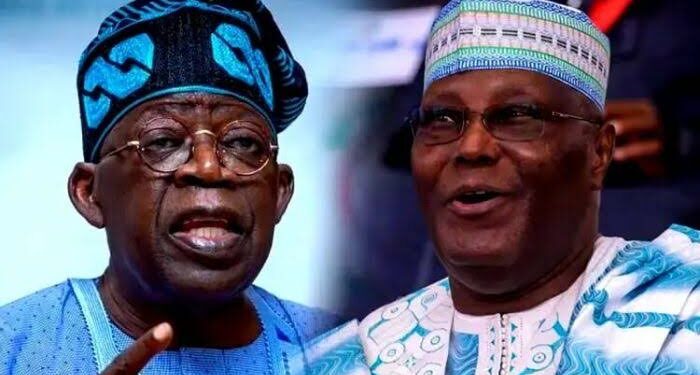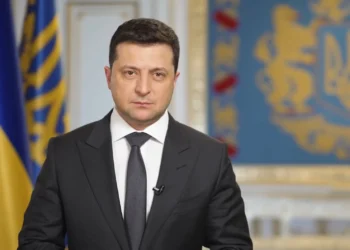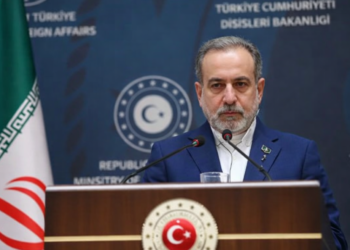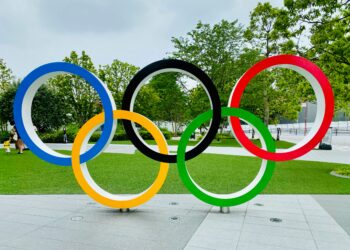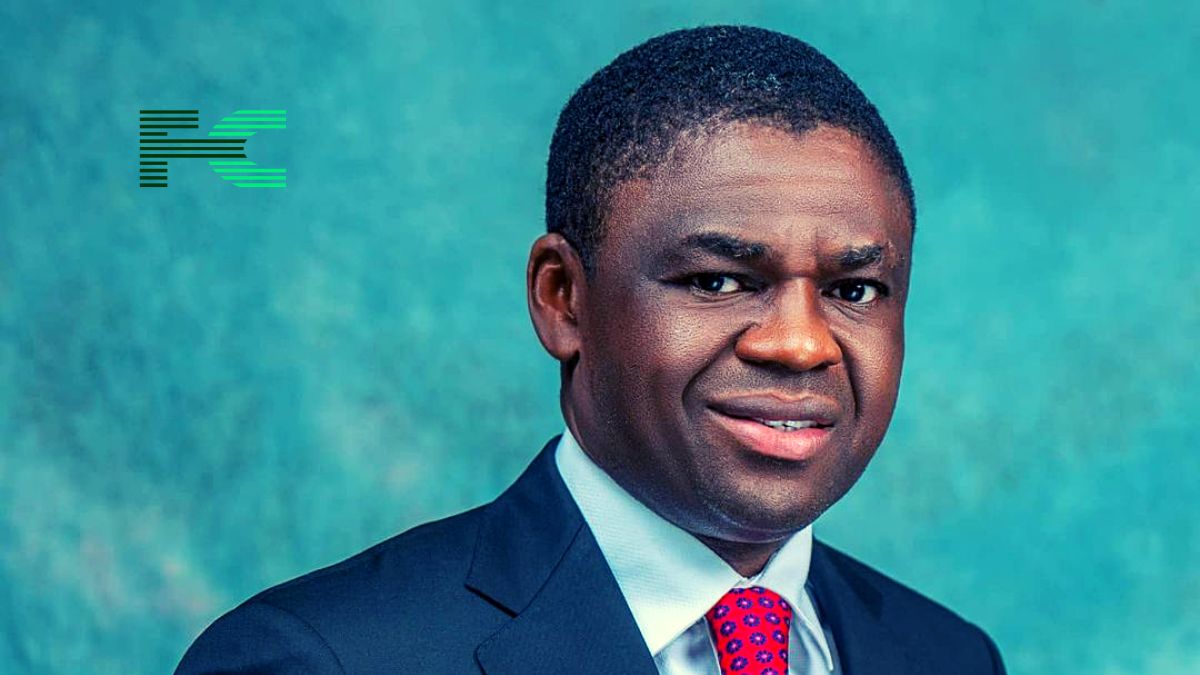Former Vice President Atiku Abubakar has come out swinging against President Bola Tinubu, accusing him of being indifferent to the suffering his policies have unleashed on Nigerians. Atiku, in a strongly worded post on X (formerly known as Twitter) on Thursday, didn’t mince words, going so far as to dub Tinubu “T-Pain”—a stinging reference to the president’s alleged role in amplifying the nation’s economic woes.
What They Are saying
Atiku, the 2023 presidential candidate of the Peoples Democratic Party (PDP), placed the blame for Nigeria’s current economic turmoil squarely at Tinubu’s feet, with the removal of the petrol subsidy being a key trigger. According to him, the administration’s approach to fuel subsidy management has been nothing short of disastrous, sparking the highest inflation Nigerians have seen in decades.
In his post, Atiku didn’t hold back: “The haphazard and disingenuous approach of the current administration to fuel subsidy management has been the reason we are in this current economic crisis in the country. As things stand, there will be no let-up in the escalating inflation rate, which is drowning the material well-being of Nigerians. It is even more worrying that T-Pain is undisturbed by the hardship in the country.”
Atiku’s frustrations echo what many Nigerians are feeling—a growing sense of hopelessness in the face of a government that seems unbothered by their suffering. But are these claims entirely without merit, or is there something more to this complex economic life.

Why It Matters
Nigerians, already wrestling with daily struggles, were dealt yet another blow on Wednesday when the Nigerian National Petroleum Company Limited (NNPCL) sent ripples through the nation with a fresh round of price hikes. In Lagos, the NNPCL retail outlets jacked up the price of petrol to ₦998 per litre, a jump of ₦150 from the previous price of ₦855. Meanwhile, in Abuja, residents were left reeling as prices soared to ₦1,030 per litre, up from ₦897.
This sudden price hike sparked the usual chaos at filling stations, with long, snaking queues forming as panic-buying set in. Private filling stations, always eager to follow suit, wasted no time in increasing their own prices, some reaching as high as ₦1,050 per litre in parts of Lagos. For motorists and transporters, it was a nightmare they’ve become all too familiar with—a new day, a new price for fuel, and no end in sight.
The latest hike comes hot on the heels of the September 2024 increase, when NNPCL had raised the price of petrol from ₦568 to ₦855 per litre. That move was met with widespread outrage, and now, just weeks later, Nigerians are being asked to dig even deeper into their already emptying pockets.
So, where does that leave the average Nigerian? Staring at their wallet, wondering how much more they can endure. For months, the Tinubu administration has been selling its economic reforms as a long-term solution to Nigeria’s financial struggles. But with each passing day, Nigerians are left asking—what is the cost of this so-called progress?
Atiku’s critique of Tinubu’s policies may be stinging, but it is hard to ignore the facts. Since the removal of the fuel subsidy, inflation has skyrocketed, and the naira’s value continues to plummet. Prices of essential goods and services are soaring, and the cost of living has become unbearable for the majority of Nigerians. Meanwhile, the president appears unfazed by the growing discontent. His call for patience rings hollow in the ears of people who are already drowning in economic despair.
Bottom Line
For the record, both those who voted for this government and those who didn’t are feeling the sting. Even the “this government will favour me” crowd has realized that we’re all in this together. Nigerians are fed up with the empty promises and false hopes. Maybe next time, we’ll think twice before casting our votes.

